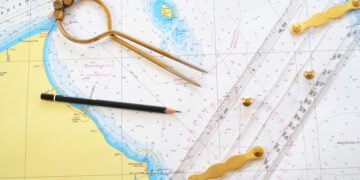Port Metro Vancouver issues 2013 sustainability report
Port Metro Vancouver released its fourth annual Sustainability Report and 2013 Financial Report. Both reports together cover the period of January 1, 2013 to December 31, 2013 and provide a summary of Port Metro Vancouver's overall performance. The 2013 Sustainability Report is a Global Reporting Initiative B+ level, independently assured report that provides information on the sustainability topics of greatest significance to Port Metro Vancouver and its stakeholders. It is designed to provide greater transparency and accountability in how Port Metro Vancouver conducts business, and to offer a platform for sharing performance and receiving feedback. The key topics discussed in the report include the industrial land shortage in the Lower Mainland, the movement of coal, noise proximity to residential areas, trucking and tanker safety. Key accomplishments outlined in the 2013 Sustainability Report: Port Metro Vancouver completed 198 environmental reviews on proposed projects and activities to identify and mitigate effects on land, air and water. A 12% increase in participation in the EcoAction program, which promotes emission reduction measures by offering discounted harbour rates to shipping lines. Participation in more than 500 community engagement events. 82 cruise vessels successfully connected to shore power at Canada Place, enabling ships to shut off ...
Read moreDetails

























































